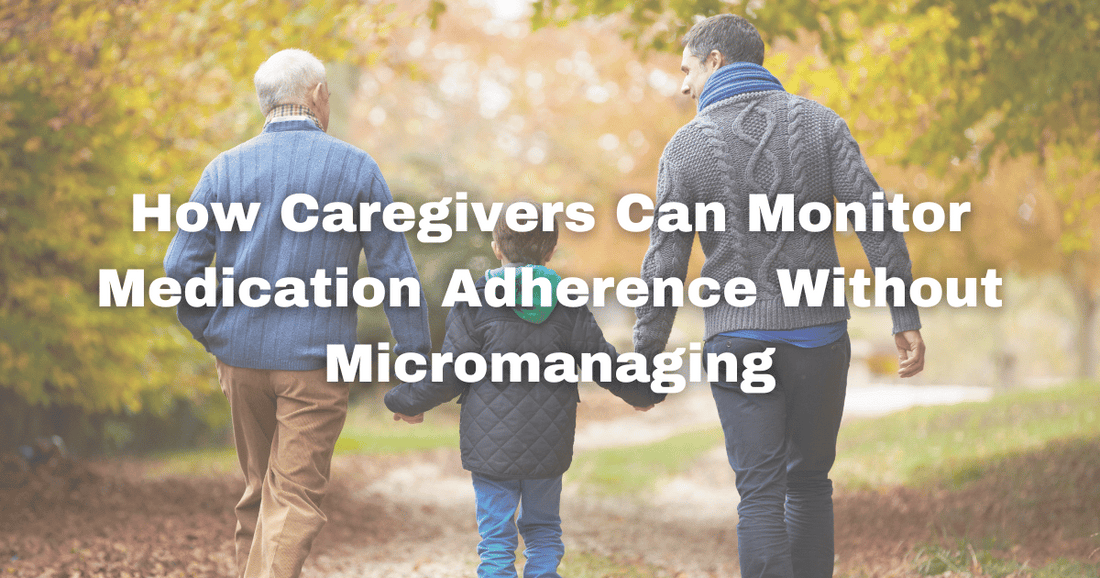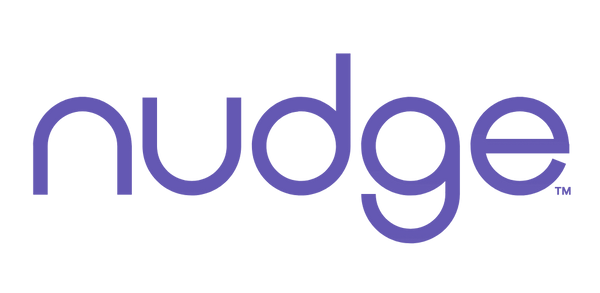
How Caregivers Can Monitor Medication Adherence Without Micromanaging
For family members and professional caregivers, ensuring that a loved one is taking their medications properly is a top priority. Missed or incorrect doses can lead to serious health complications, but constantly hovering over someone’s routine can strain relationships and rob older adults of their independence. So, how can caregivers support medication adherence without micromanaging?
Here are some thoughtful, practical strategies to help loved ones stay on track with their prescriptions while still preserving their autonomy.
1. Build a Consistent Medication Routine
Help the person you're caring for establish a consistent routine for taking medications. Align pill times with daily activities like meals or brushing teeth. Routines reduce forgetfulness and create a sense of structure that many seniors find comforting.
2. Simplify the Medication Schedule
Talk to the patient's doctor or pharmacist about reducing complexity. Sometimes medications can be combined or rescheduled so fewer doses are required throughout the day. Simplifying the regimen not only improves adherence. It also reduces confusion and caregiver burden.
3. Use a Pill Organizer or Blister Pack
A weekly pill box can make a big difference. It allows both the caregiver and the loved one to easily check whether medications have been taken. Some pharmacies also offer blister packs that group medications by time and date, making management even easier.
4. Provide Gentle Reminders, Not Constant Monitoring
Check in occasionally to offer friendly reminders, but avoid constant surveillance. A simple question like, “Did you remember your morning meds?” is often more effective and respectful than taking full control.
5. Encourage Independence and Involvement
People are more likely to follow through with a medication plan if they feel involved. Let them take the lead wherever possible, whether it's filling the pill organizer or marking off doses on a chart. Empowering them builds confidence and cooperation.
6. Use Technology That Supports Without Hovering
Many modern medication tools require a smartphone or app for daily loggin, which can be intimidating for patients and cumbersome for caregivers. Instead, look for solutions that support adherence without adding complexity or creating the feeling of being watched 24/7.
Nudge: A Smarter Way to Support Without Micromanaging
If you're looking for a gentle, reliable way to monitor medication adherence without constant check-ins, the Nudge Device is your ideal solution.
Nudge is a smart device that sits under a pill bottle or medication organizer and detects whether a dose has been taken. To remind that it is time to take you meds, Nudge gives the user a blinking light and later a beep as a reminder.
But here’s where it really helps caregivers: Nudge can share missed dose alerts and adherence data via email with a designated caregiver. That means you’ll know if there’s a problem without having to ask or remind your loved one every day.
Why Nudge Works for Caregivers:
- No micromanaging required: Nudge tracks adherence passively
- Discreet: Visual and audio cues, not nagging alarms
- Caregiver alerts: Get notified via email if a dose is missed
- Easy to set up: Most people activate Nudge in 2 minutes
- Promotes independence: Empowers seniors to stay on track themselves
With Nudge, you can step back from daily reminders while staying confident that your loved one is supported and safe. It’s the perfect balance of oversight and independence.
Ready to reduce stress and support medication adherence without micromanaging?
Visit nudgedevice.com to learn more and get started with Nudge today.
